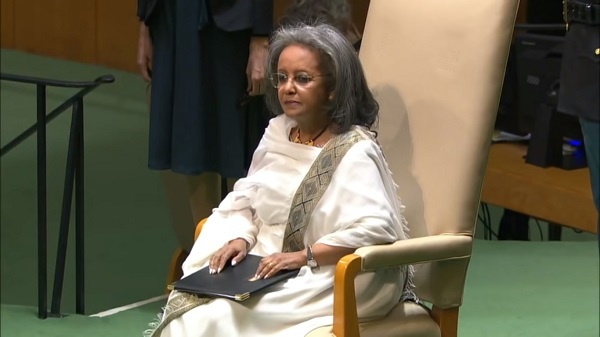
PARIS (UNESCO) – The United Nations Educational, Scientific and Cultural Organization (UNESCO) has launched a global initiative, dubbed Futures of Education, to reimagine how knowledge and learning can shape the future of humanity and the planet. Looking to 2050 and beyond, the initiative seeks to reimagine how education and knowledge can contribute to the global common good. The initiative is catalyzing a global debate on how knowledge, education and learning need to be reimagined in a world of increasing complexity, uncertainty, and precarity.
This initiative will mobilize the many rich ways of being and knowing in order to leverage humanity’s collective intelligence. It relies on a broad, open consultative process that involves youth, educators, civil society, governments, business and other stakeholders. The work will be guided by a high-level International Commission of thought-leaders from diverse fields and different regions of the world. In November 2021 the commission will publish a report designed to share a forward looking vision of what education and learning might yet become and offer a policy agenda. The Futures of Education: Learning to Become initiative will catalyze a global debate on how knowledge and learning can shape the future of humanity and the planet.
Futures of Education: International commission
The Director-General of UNESCO has convened an independent International Commission to work under the leadership of the President of Federal Democratic Republic of Ethiopia, H. E. President Sahle-Work Zewde, and develop a global report on the Futures of Education. The members of the International Commission are thought-leaders from the worlds of politics, academia, the arts, science, business, and education. The commission will carefully consider inputs received through the consultation processes. This collective intelligence will be reflected in the global report and other knowledge products connected with the initiative.
The Commission will focus on rethinking the role of education, learning and knowledge in light of the tremendous challenges and opportunities of predicted, possible, and preferred futures.
To learn more about Futures of Education initiative, click here.
Source: UNESCO
